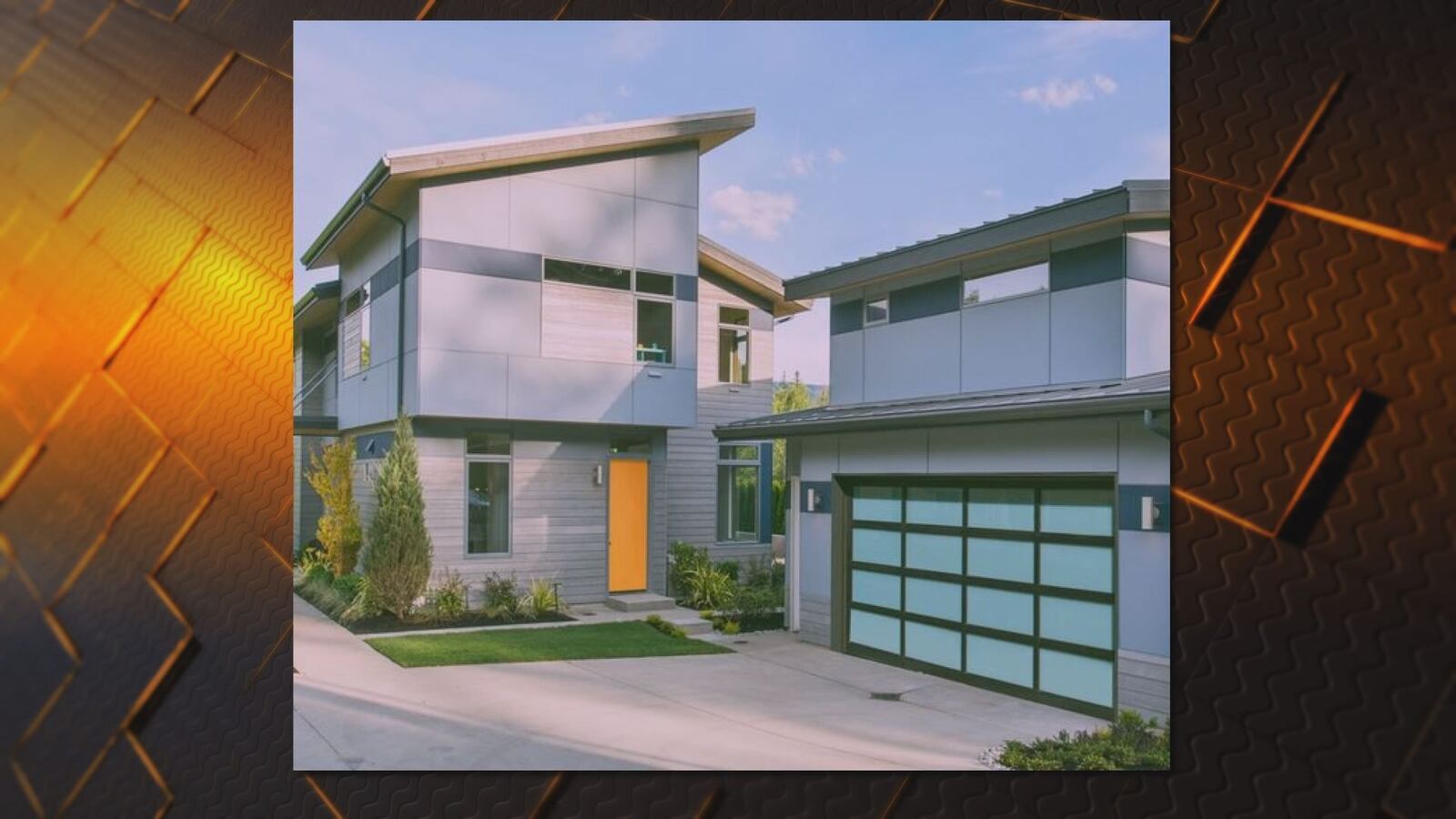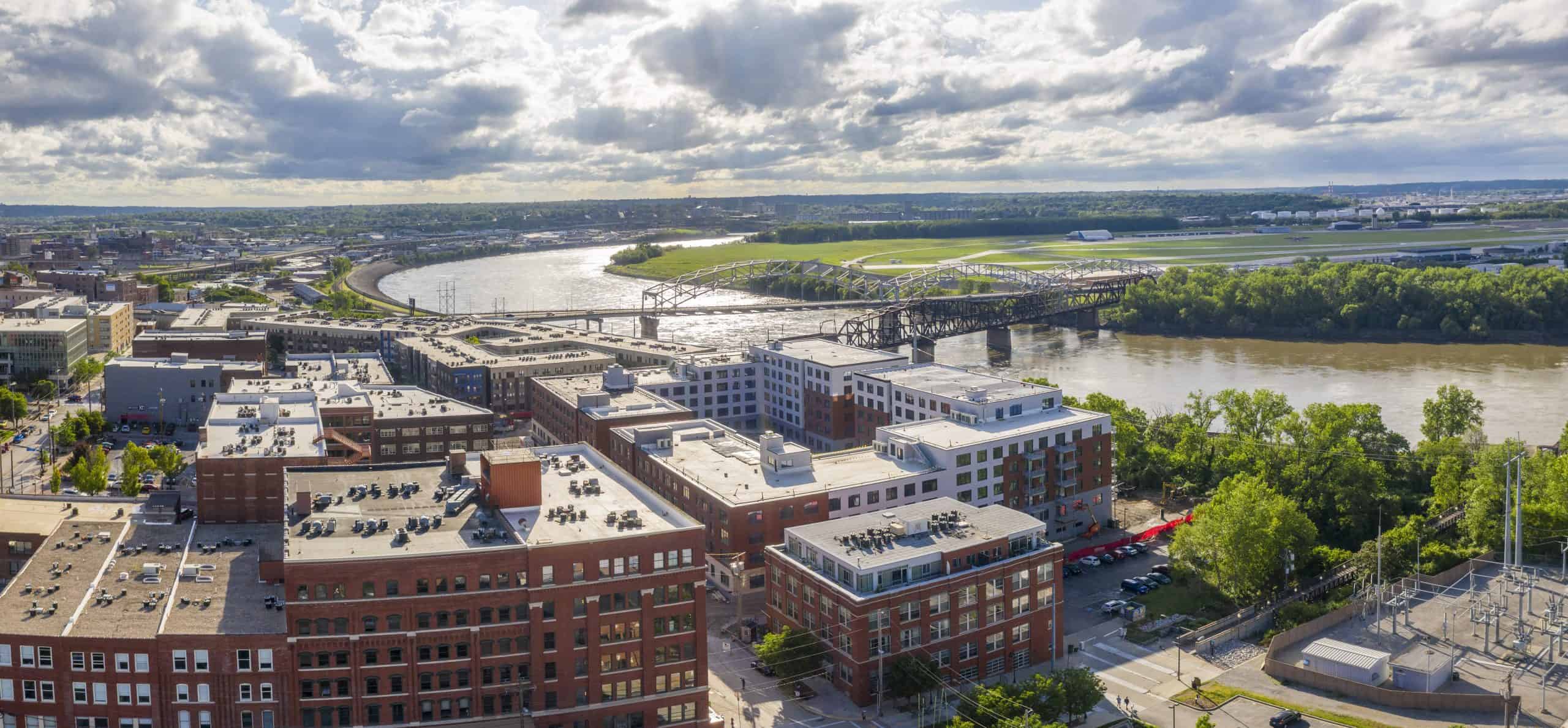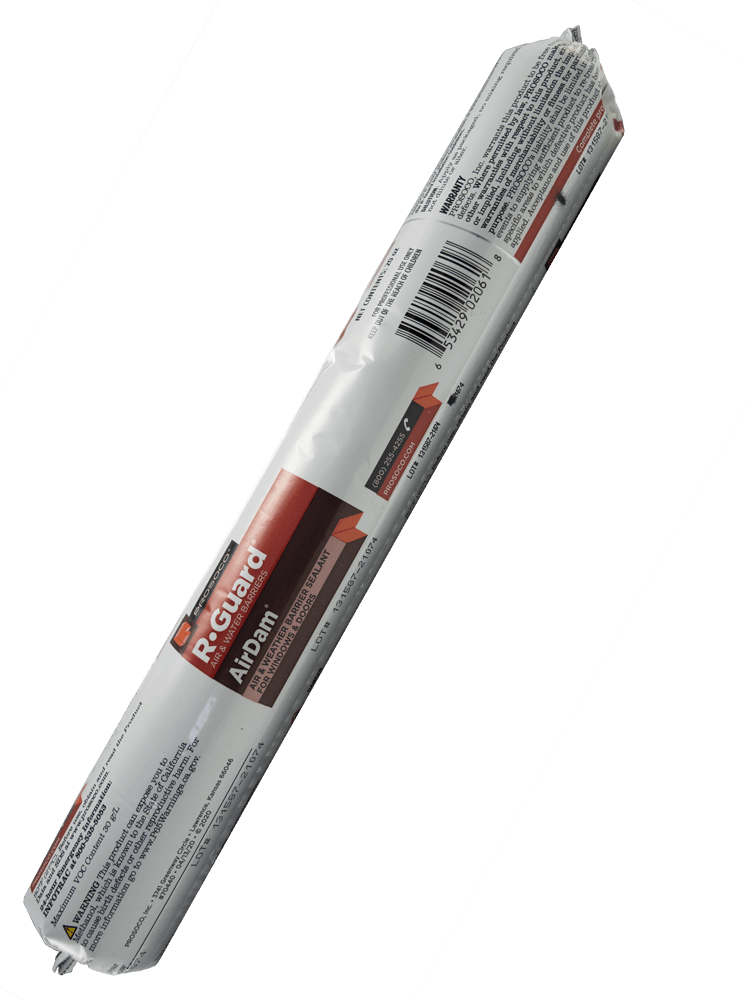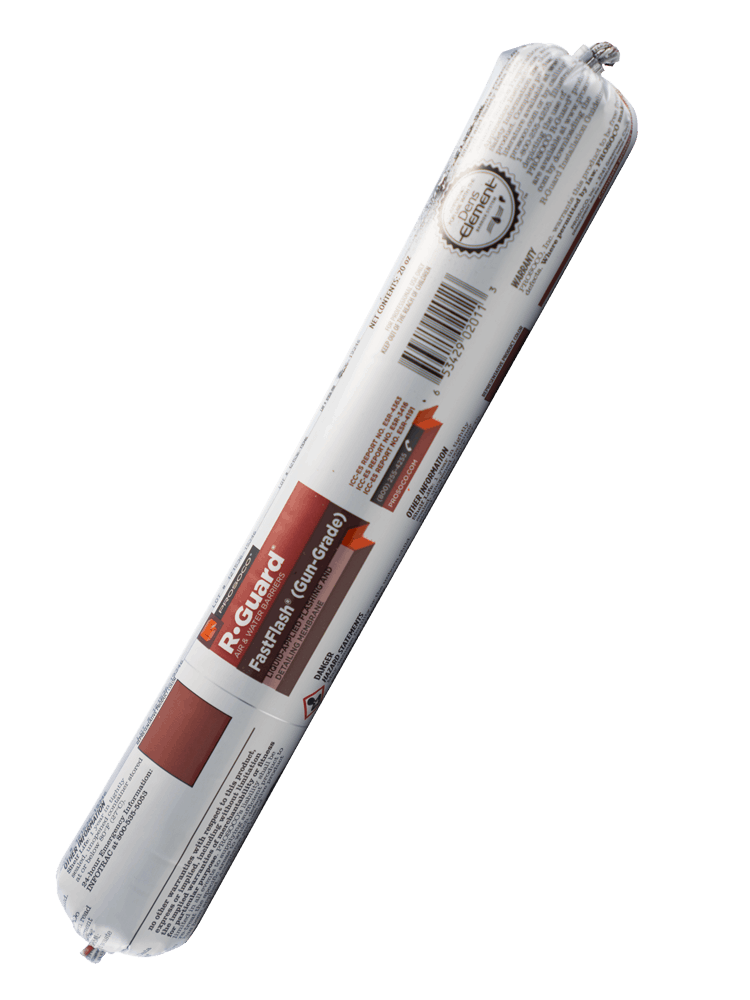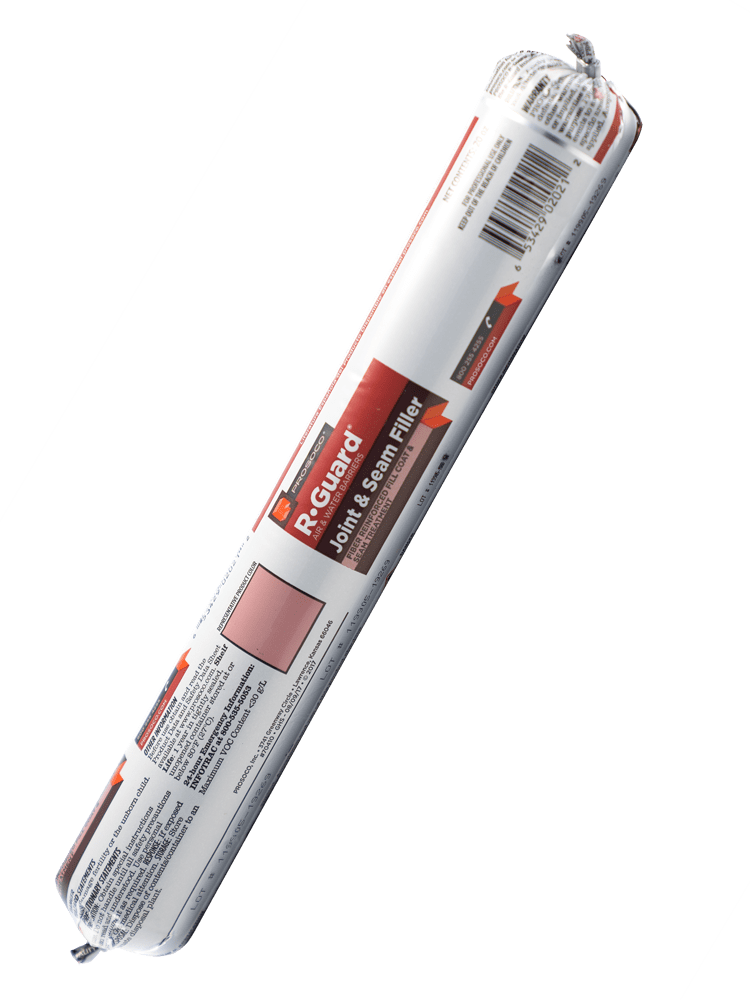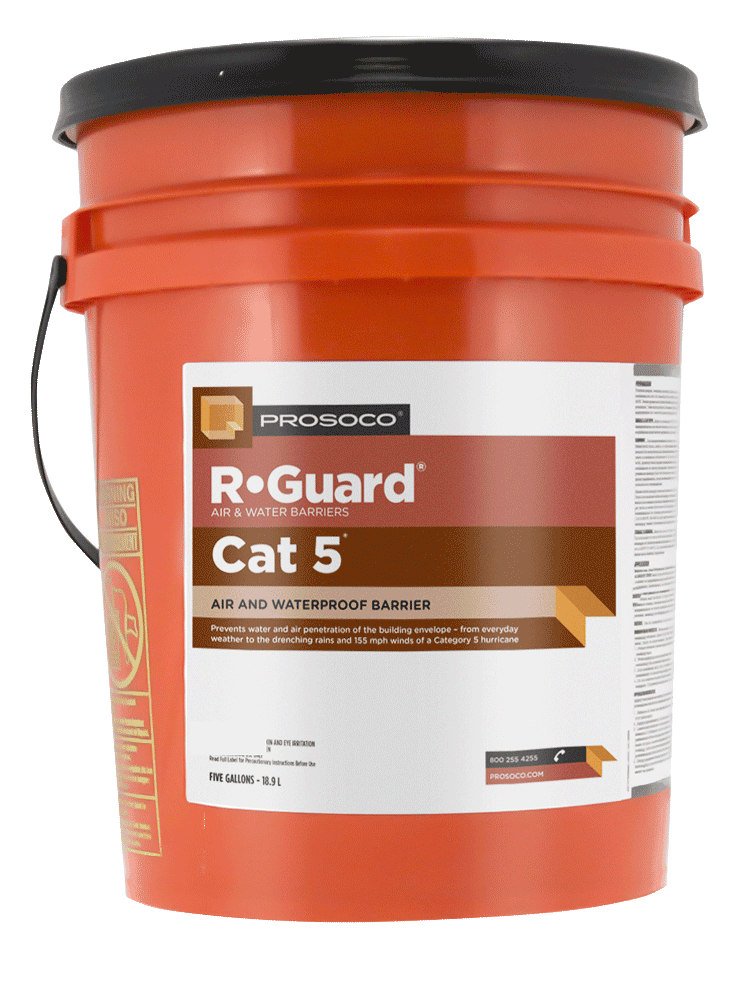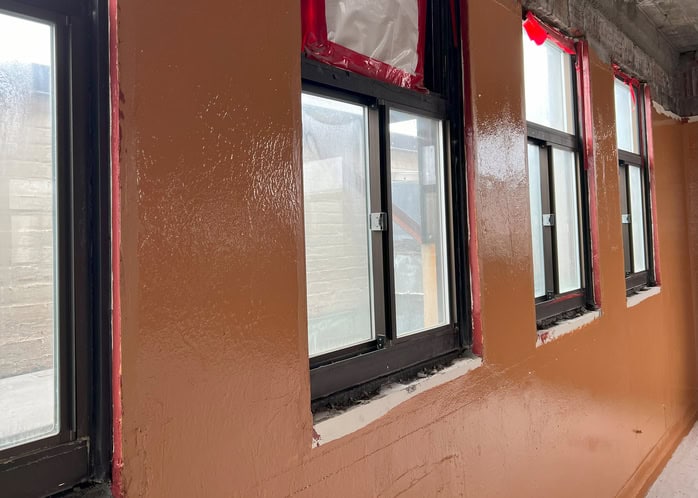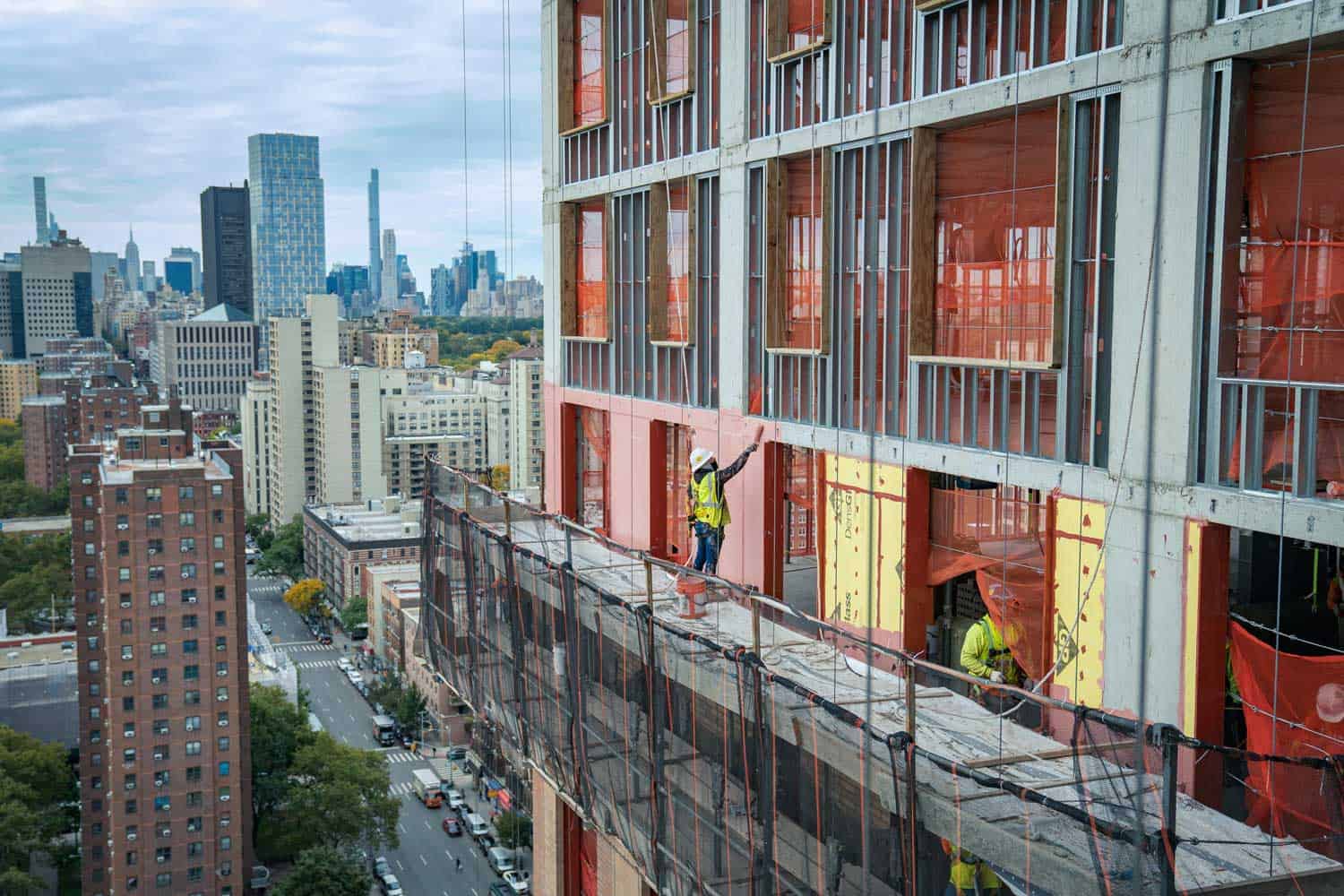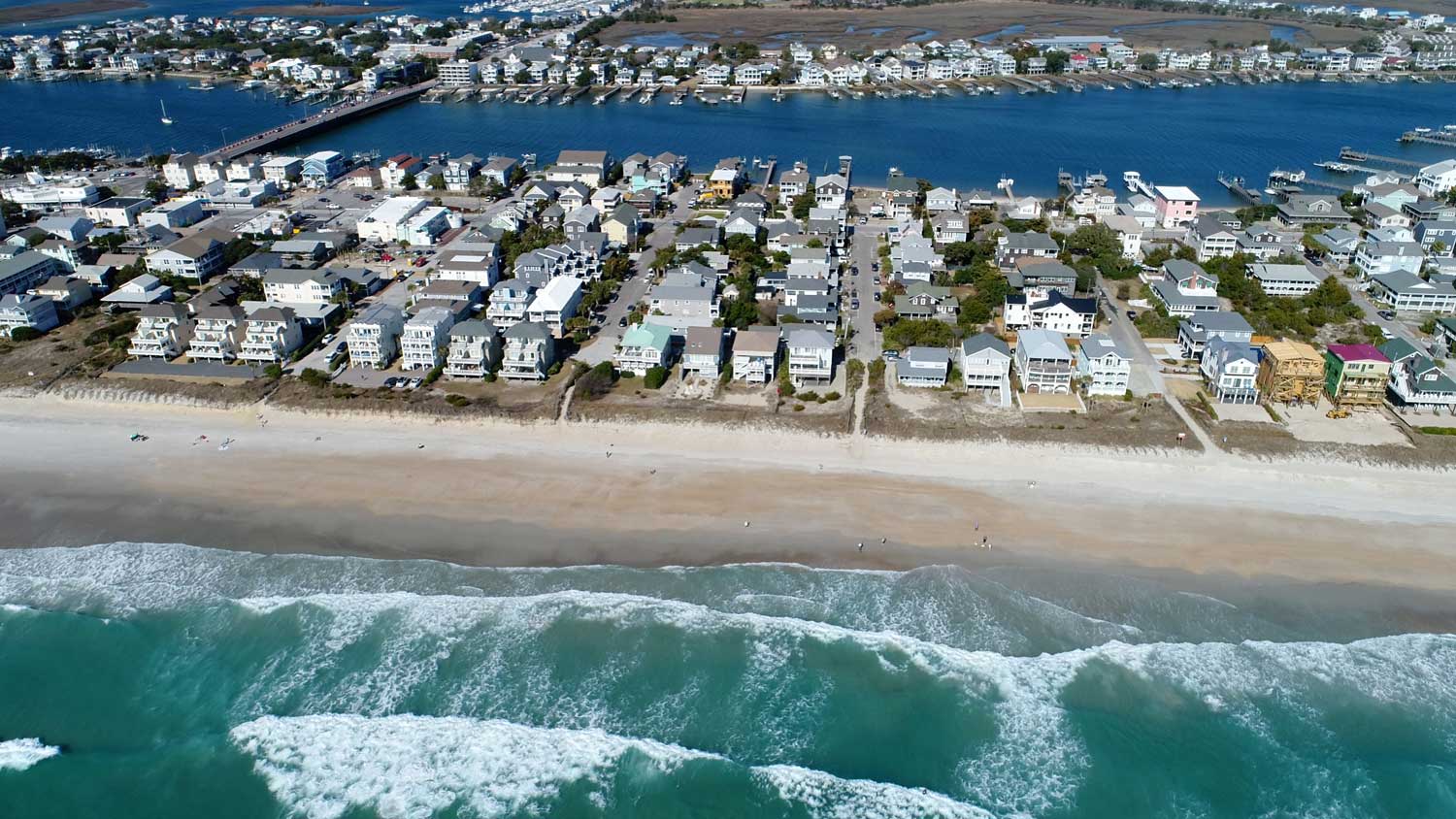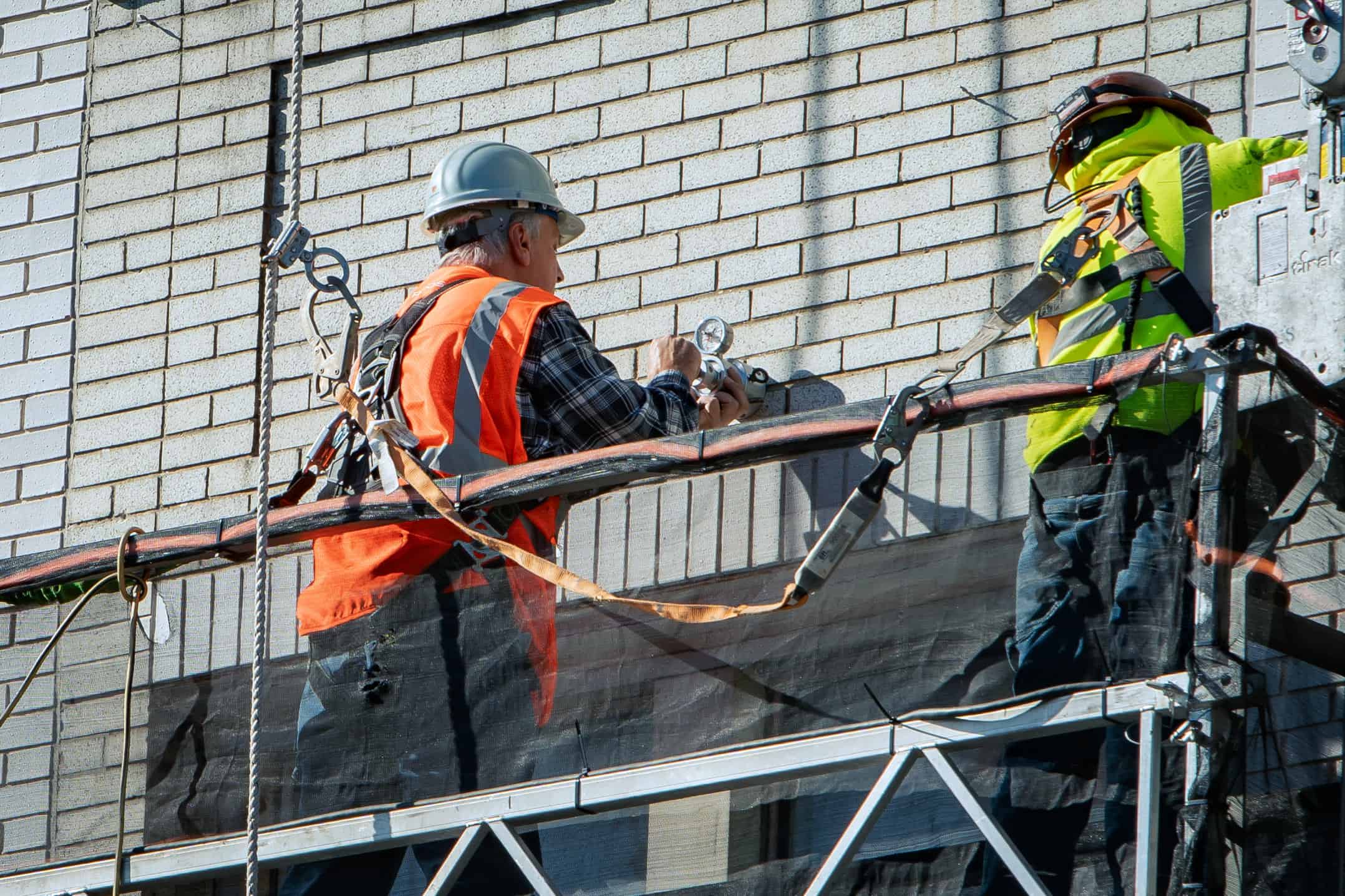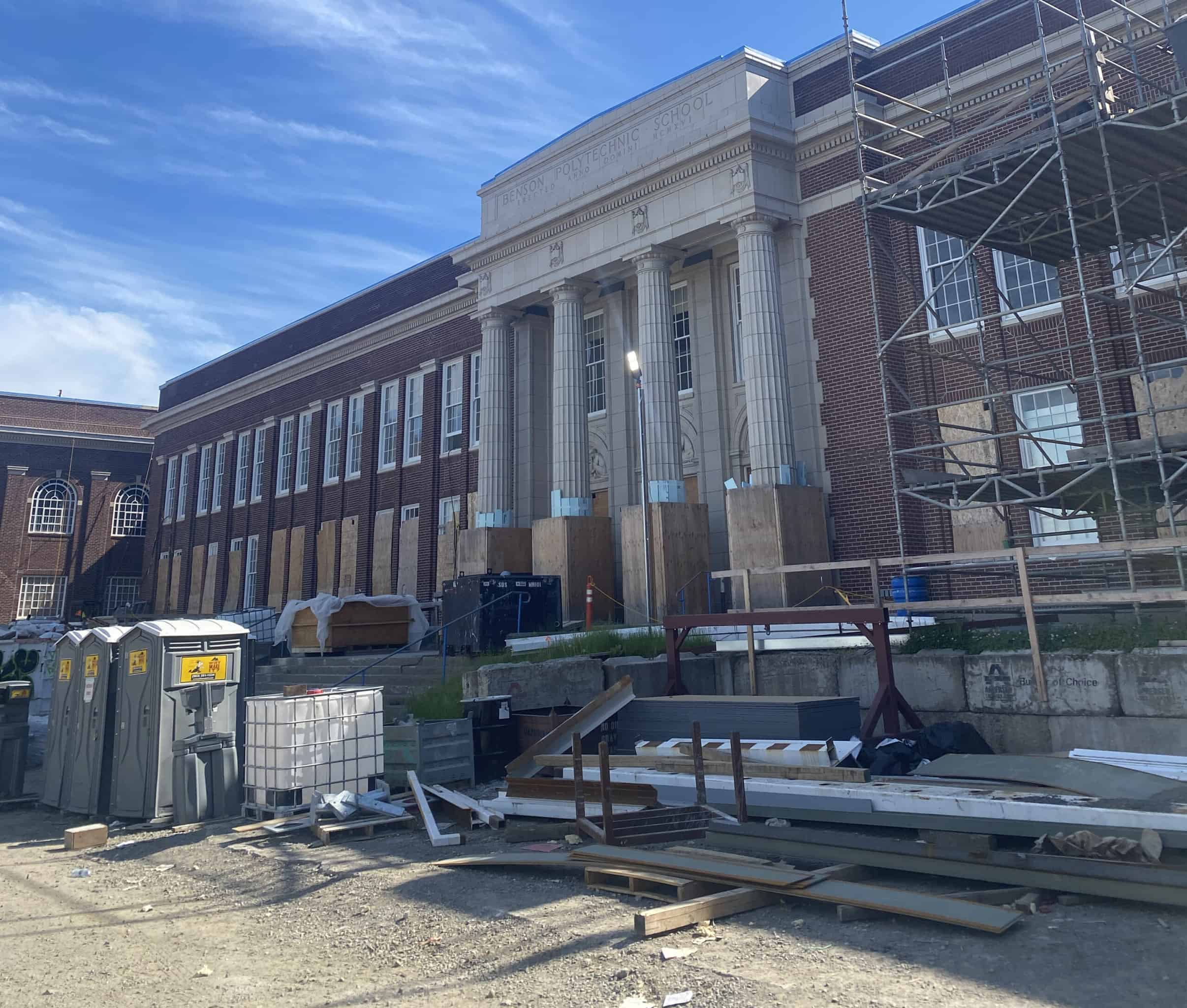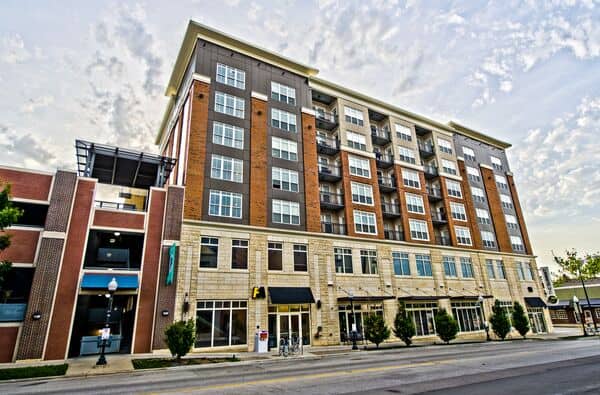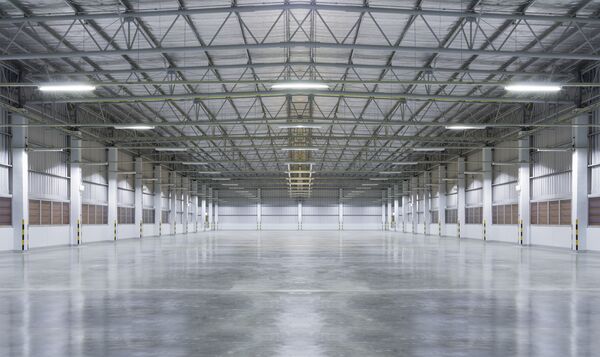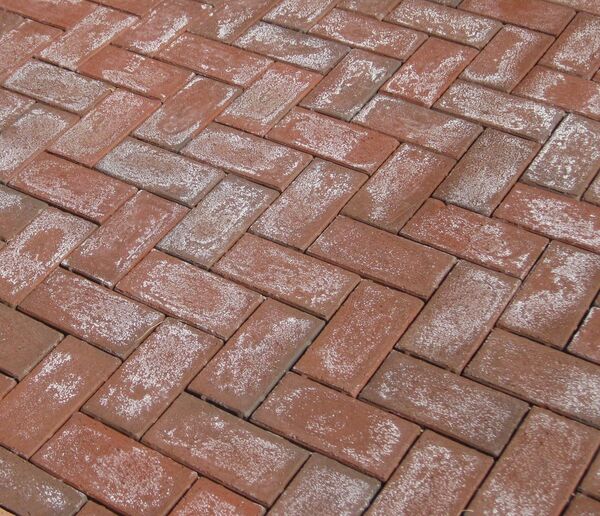Passive House builder and consultant Sy Safi demonstrates the advantages of remaining constantly curious.
If you ever get the chance to sit down with Sy Safi, there’s no doubt you’ll learn something, you’ll likely be entertained, and you may even walk away feeling enlightened. A certified Passive House builder and certified Passive House consultant, Safi will tell you anything you want to know -- his family, his college years playing NCAA football for a now-NFL coach, how encounters with bullying and racism shaped his habits, and even a smelly carpet from his childhood that led him to where he is today – the owner of a construction firm with a set of services and skills the likes of which are a rare find in Louisville, Kentucky.
Safi, owner of Ubergreen Spaces + Homes, will tell you with pride about how his father constantly encouraged Safi and his brothers to learn by doing, to always be curious, to always ask why, and to always find better ways.
“My father was a small builder and developer, and he was our hero,” Safi said. “We loved being around him. He did most everything with his own hands. He ran his own equipment, and he was a master plumber and electrician. He was impatient and couldn’t wait on people, so he did it himself.”
“He empowered us to think on our own and not be satisfied with the status quo, so I was never content with anything that didn’t work, quite frankly. He respected us and asked us questions to engage our minds.”
Safi and his two brothers got tons of hands-on experience shadowing their Dad on job sites at an early age, beginning around elementary school.
“To help the family out, we worked summers and when we were out of school,” he said. “He treated us like young men. He wasn’t the type to spoil or baby us. That’s why I think I was very fearless about doing things on my own. Nothing really scares me when it comes to my work.”
Safi carried that attitude into college, where he earned a scholarship to play fullback at the University of Cincinnati, learning from then-Running Back Coach John Harbaugh. On top of the rigorous schedule of a college athlete, Safi also pursued a demanding degree -- civil engineering and construction engineering.
“I didn’t get much sleep each night, but I was doing things I love to do,” he said.
“PROSOCO is unique in this industry. They know what’s going on. They’re ahead of the game and a lot of people are playing catch-up.”
In college, Safi participated in a five-year co-op program which enabled him to study for one semester and then work full-time for a construction company for one semester. After he graduated, he got a job at the same company, where he gained immediate experience working on high-profile Cincinnati buildings like the Paul Brown Stadium where the Bengals play, as well as a wide range of building typologies, from hospitals and education buildings to multi-family.
A future as a contractor would have made perfect sense for Safi considering his background and education – but it turns out, it wasn’t quite enough. After college and even after creating Ubergreen Spaces + Homes in 2006, he saw signs everywhere that there were better ways out there to build.
“Hearing residential builders talk about their homes was disheartening, and even working for large commercial construction companies, I would still hear complaints about lack of performance on buildings,” he said. “I knew I needed to be part of the conversation on building design, to encourage people to make better choices for healthy spaces, wellness, comfort, durability and resilience. Early on, we followed LEED as a great third-party voluntary program. Shortly after that, we found Passive House, which resonated with me because I was interested in things like moisture, dew points, mold and indoor air quality.”
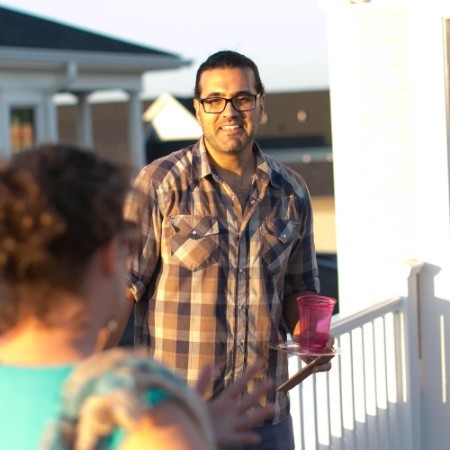
Concerns about mold and moisture were nothing new for Safi – they actually go all the way back to a memory from his childhood.
“The first house my dad built in the 1970s was my aunt’s house,” he said. “I remember we were playing in the basement, and it was musty and stinky. I asked my dad why it smelled like that, and he said, ‘There’s no way to stop moisture from coming in. I don’t know why, but it’s up to you to figure it out.’”
That moment, and the curiosity fueled by his father, stuck with Safi and led him on a path of soaking up as much knowledge as he could on building science, building materials and how to tighten up structures for optimal performance. Eventually, Safi became a certified Passive House builder and certified Passive House consultant in 2013.
This pivotal period expanded Safi’s business to essentially become its own sub on high-performance builds. Safi’s firm designs entire wall assemblies, calculates window and door performance specific to a climate zone, and even prefabricates entire walls for clients.
“Going up and down a ladder, especially with a peel-and-stick for the air barrier, affects quality control,” he said. “We started our own prefabricated high-performance exterior walls for custom applications on brand new homes. We’ll do ICF (insulated concrete form), zip or CDX plywood walls where we do the air barrier, water barrier, control layer, and all the stuff that not everybody can do. The walls already have PROSOCO on them when they’re delivered to the site. All windows and openings are flashed with FastFlash, and we use Joint & Seam Filler to join the panels in the field and at the bottom plate.”
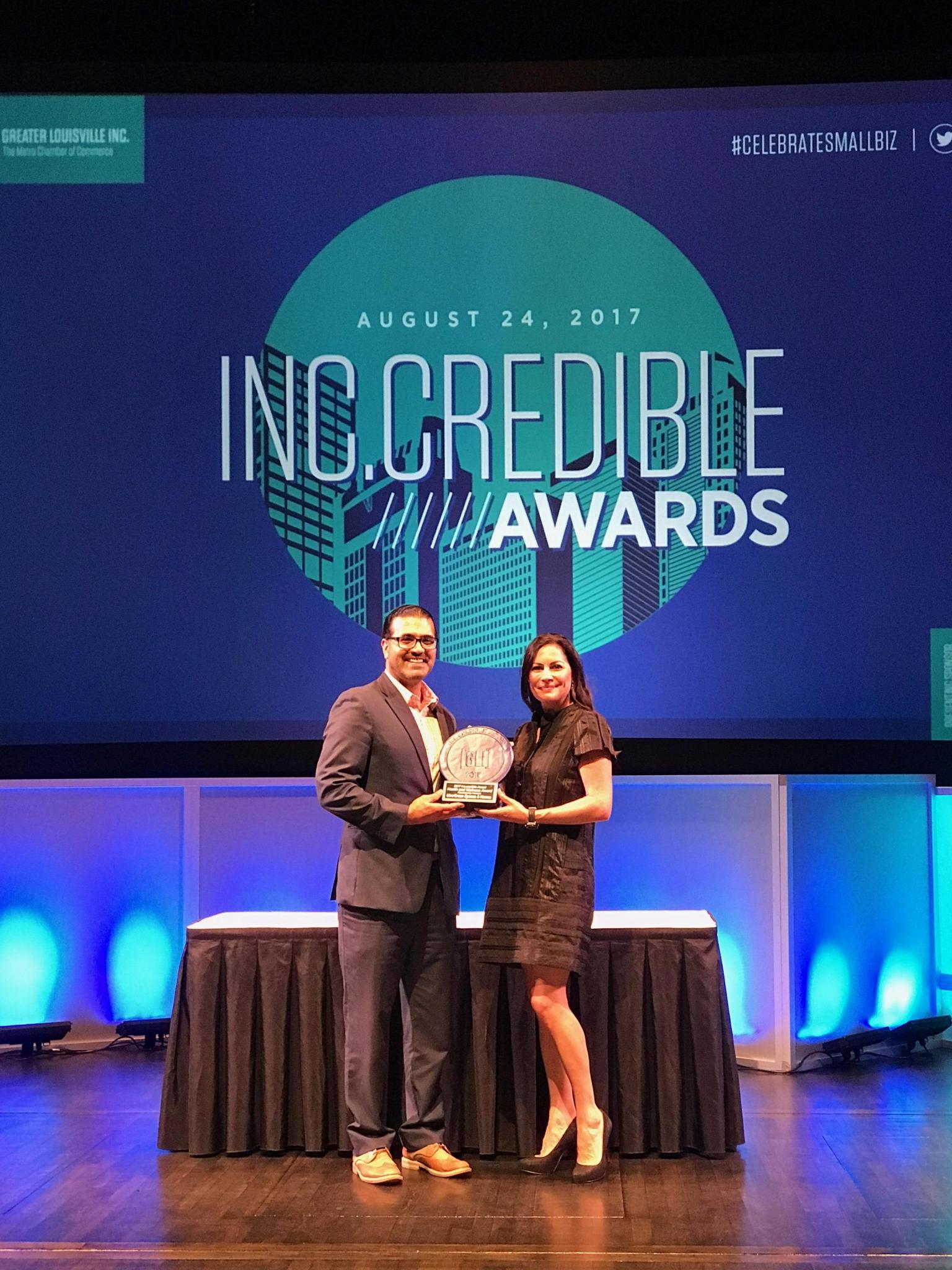
What began so many years ago as curiosity about a mildewy, stinky carpet, ultimately grew demand for Safi’s business.
“Back in 2008, there weren’t very many people doing air and water barriers and control layers,” he said. “You could find commercial builders doing it, but most people couldn’t afford that on a home. What’s great is now we’re becoming in demand by other builders and other homeowners who already have a builder or already have an architect. They bring us on board to be the certified Passive House consultant. We’ll do the design details and software and create wall sections that we can then prefab for them offset and supply to the framer or builder. Then we can install it for the framer. We’ve basically become a high-performance trade contractor because there’s a lack of knowledge base and experience in high-performance building.”
Since 2006 to today, Safi has built Ubergreen Spaces + Homes into a business constructing homes across four states (Kentucky, Ohio, Indiana and Texas), consulting on projects in various others, and employing a staff of 10 to 15 members depending on the workload.
This continued need for education and awareness when it comes to high-performance design and construction is a theme that Safi notices everywhere he goes and regardless of the client type. Based in Louisville, Ky., but also operating out of Houston, Texas, where he has family, Safi frequently finds himself in the role of educator.
That includes self-education. Safi is a mainstay at International Living Future Institute and Passive House events. In fact, these events are where he first heard PROSOCO’s story and became familiar with long-time PROSOCO figures like CEO David Boyer.
“PROSOCO is on the cutting edge of this stuff,” he says. “I’ve been following along and know the story of how they took the harmful toxins out of the R-Guard products to be Red List-free. PROSOCO is unique in this industry. They know what’s going on. They’re ahead of the game and a lot of people are playing catch-up.”
It also includes educating others. Safi has been invited to present at various industry events and podcasts, plus he’s grown his social audiences by sharing useful how-to videos and demonstrations of on-site challenges and solutions.
Watch how to install the R-Guard system

“It’s interesting because people complain about their homes all the time,” he said. “They complain about noise, drafty windows, leaky doors, dust that comes through cracks. There’s a reason for that. The average home has a half-mile of cracks in it. PROSOCO has a solution for that. But there’s a lot of air going in and out of the house, and with air comes dust, mold, mildew, allergens, airborne pathogens. The EPA says indoor air quality is two to 10 times worse than outside air. Why? Because you’ve got all these unchecked cracks in and out of the home, and then you’ve got toxins in most materials, carpets, adhesives and paints. You can eliminate those challenges with some conscientious decisions inside the home. Just a simple air-sealing with a Red List-free product, and you’ve got windows and doors that don’t leak. And then you want a fresh air system that can extract the bad air and bring in fresh air.”
While sharing his experience and knowledge, Safi can’t help but acknowledge he’s undertaking an uphill battle.
“We’re still doing things by code because owners drive the decisions,” he said. “When you’re tight on budget, you don’t want to do things that will drive up the costs.”
“When people ask me about high-performance building and why it’s not more readily adopted and available, I always tell people, just look at human behavior. We know that basically something like this will not be adopted unless three things happen. 1) the government forces you to do it, whether it’s law or code. That’s not quite happening. 2) Crisis calls for change. People make different decisions when crises occur. Look at Houston, Texas, where they had a lot of freezes and now they’re building more with solar. And 3) If it hurts you financially. That’s it. Other than that, it’s just going to take a lot more time, and that’s on the industry to put it out there and make it more affordable.”
“People complain about noise, drafty windows, leaky doors, dust that comes through cracks. There’s a reason for that. The average home has a half-mile of cracks in it.”
For now, Safi is doing everything he can to design and build better homes and buildings, and to educate.
One day, Safi hopes, he’ll also have the opportunity to set the same example for his children that his Dad did for him.
“I’ve reflected on how my parents raised us, and seeing how other parents raise their children, I think I would raise my kids to always be a contributor to society and not be a burden, and to hold themselves accountable first and not look for excuses.”
“I used to get bullied and encountered a lot of racism growing up, and so I avoided drugs and alcohol to be ready for whatever challenge came at me. But it also helped me avoid a lot of situations that were not healthy and people that were not healthy or good for me. It allowed me to stay focused on things that really mattered to me. Back then, it was football and school. Those were important to me. In my mind, at a young age, I really did love design and construction, not only because of my Dad, but because he gave me an opportunity to experience it for myself, which made me realize I wanted to pursue it.”
![]()
